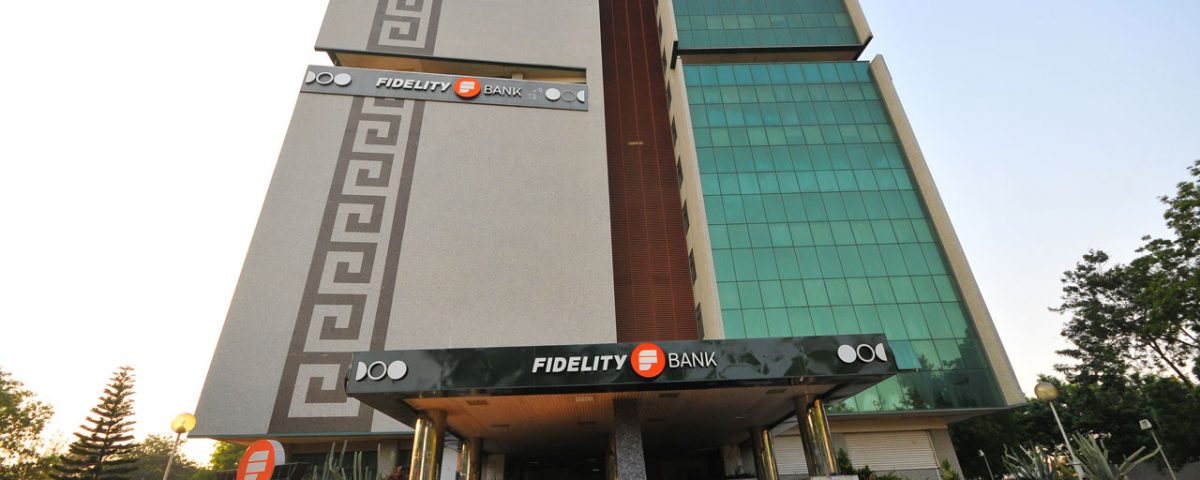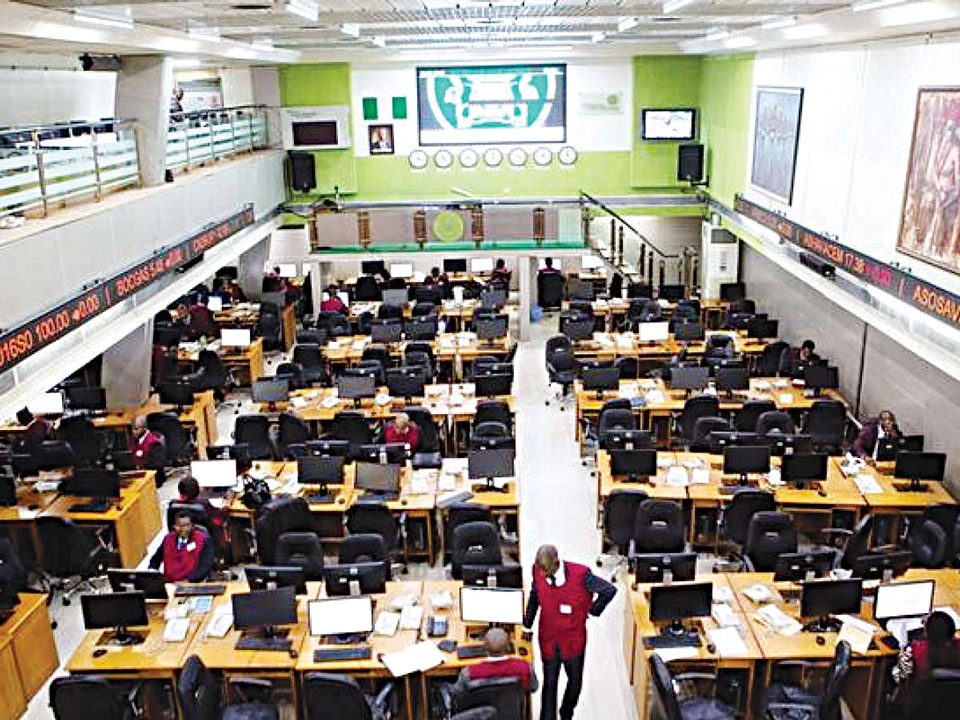Nigeria Update: Fidelity Bank sells $400m bonds with 10.75% yield

Africa Update: Sub-Saharan Africa’s growth forecast loses ‘steam’
October 13, 2017
World Update: Pound jumps versus dollar on report UK may get 2-year Brexit extension
October 13, 2017Fidelity Bank Plc sold the highest-yielding Eurobond from emerging markets this year, joining a rush for issuance before higher United States interest rates push up borrowing costs.
The lender issued $400m of five-year securities with a 10.75 per cent yield on Wednesday, Bloomberg quoted a person familiar with the matter who asked not to be identified. The deal initially had guidance of about 11 per cent, the newswire gathered.
Fidelity is the third Nigerian bank to sell Eurobonds this year after bigger rivals Zenith Bank Plc and United Bank Plc, while also following the lead of the country’s government, which plans to more than double its outstanding dollar debt to $9bn. Investors have piled into emerging markets to hunt for higher rates, as those in developed nations linger near all-time lows.
The Eurobond is the first from Fidelity, which is rated B- by S&P Global Ratings and Fitch Ratings, or six steps into junk territory, since 2013. The yield fell to 10.27 per cent by 11:08am in Lagos on Thursday.
The yield on UBA’s $500m five-year notes fell 13 basis points to seven per cent on Wednesday, extending their drop since they were issued in June at 7.88 per cent. Zenith’s notes, also due in 2022, traded at 6.06 per cent.
Small and mid-sized banks in Nigeria have struggled to raise capital as the economy recovers slowly from its worst slump in around 30 years, triggered by the 2014 collapse in crude prices. Most of the dollar bonds issued this year with higher yields than those of Fidelity, which has $4.2bn of assets, came from the North American corporate market, according to data compiled by Bloomberg.
Citigroup Inc., Renaissance Capital and Standard Bank Group Limited managed Fidelity’s deal, which included the repurchase of $256m of its $300m of existing dollar notes due in May next year.
“If you account for the stage Fidelity is at in its evolution, the macroeconomic situation and the current apathy toward the Tier 2 banking space among investors, the pricing appears reasonable,” the head of RenCap’s Nigerian unit, Temitope Popoola, said by phone from Lagos Thursday.
“The other point is that we will likely see some tightening in the US over the next few months and this should very likely lead to more expensive access to funding,” Popoola said, adding that, “Time will tell but this rate may be considered generous over time.”
Exotix Capital, in a note to clients, assigned a buy recommendation because of the new debt’s high spread over other Nigerian bank bonds.

